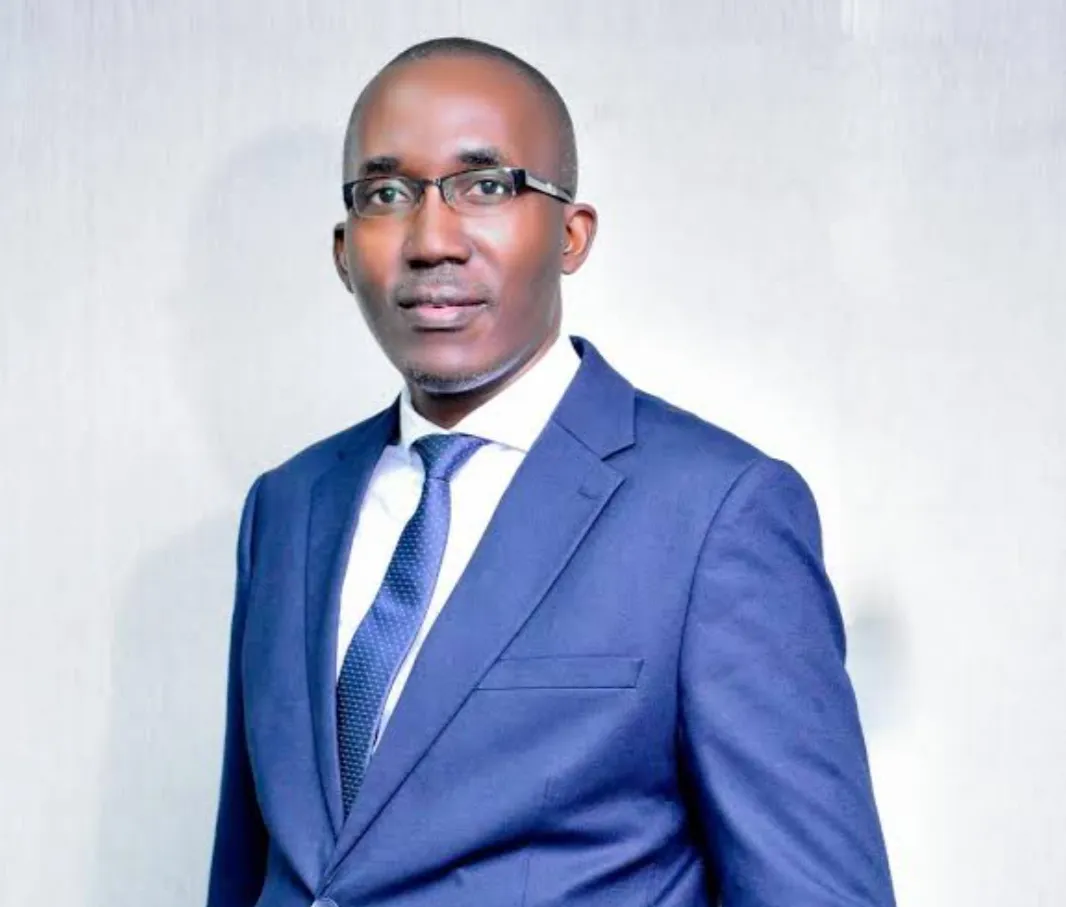KAMPALA, June 28, 2024 – The African Development Bank’s Affirmative Finance Action for Women in Africa (AFAWA) Bank of the Year 2024, Centenary Rural Development Bank exemplifies the spirit of this year’s United Nations Micro, Small and Medium-size [MSMEs] Enterprises Day: “leveraging the power and resilience of MSMEs to accelerate sustainable development and eradicate poverty in times of multiple crises.”
To mark International MSME Day, we asked Centenary Bank’s General Manager for Commercial Banking and SME Banking, Michael Jjingo, about how joining the AFAWA Guarantee for Growth program helped his Bank support some of Uganda’s smallest women-led enterprises. Below are the excerpts:
Question: Centenary Rural Development Bank has a [loan] product tailored to women entrepreneurs, tell us about that.
I run the SME banking that hosts the “Supawoman” product. The Supawoman product is about that woman, that underprivileged woman, that woman who is struggling to be able to grow that business. Just to put it into context – the roadside sellers, the hawkers, the market vendors, the retailers. Many of them are illiterate. They have very little capital, probably below US$ 20, or US$ 20 to US$$ 100 of capital. They don’t have books of account, they don’t have collateral – and they struggle to scale their business.
However, you need to note the population of Uganda comprises 51 percent as female. And 65 percent of the SME’s are run by women, so to be able to run a product that is impactful, you have to target the woman. But you have to target that underprivileged woman, that financially excluded woman, because the financially excluded women comprise over 65 percent of the women [market]. That’s how we’re able to scale up [our women customer base] by 23 percent. It is easy.
Question: Usually we see banks that go for clients higher up on the [entrepreneurial] pyramid. If you have clients who have no collateral, at best have US$ 20-US$ 100 in savings – how is this good business for your bank?
It is mission critical focus for Centenary Rural Development Bank. It is focusing on the underprivileged, particularly those in the rural areas, but most importantly, to support them to scale and to acquire or access affordable banking. That’s how we’re able to support that woman, because that is the mission critical focus of the bank.
Question: Was there anything Centenary Rural Development Bank had to do special or different to tailor these financial products for women entrepreneurs?
It started with the baseline survey supported by donors to understand these women. Then we crafted a banking product for them – which is charge-free but with interest – and also a group-based account. Then on the side, we also did a loan product for them that doesn’t require them to give security [deposit], and the product also offers exclusive pricing for them. So, we are able to offer them the two services – and that was a game changer for those women.
Question: Please tell us a little bit about how the AFAWA Guarantee for Growth program [implemented by AFAWA partner, the African Guarantee Fund] was beneficial to your bank.
The AFAWA program came in for those [women entrepreneurs] that we had scaled. I mean, we also have some appetite towards credit risk. It has a cap – we can’t side step beyond a given limit. But for those women entrepreneurs who have scaled outside our risk appetite for unsecured facility, we were able to leverage on the African Guarantee Fund guarantee to be able to lend to them. One of our customers was here yesterday to exhibit. That is Jude Color Solutions – [a micro-sized business] which started in their garage – again supported by us. They have a tailoring plant for corporate uniforms and marketing materials in Kampala today. They have been around for about 10 years and we’ve grown them to now an SME, so that is a testament of the capacity and the possibilities around that woman who is under privileged. But if given an opportunity for financial inclusion and financial services accessibility, these women can do miracles. The talent to be able to run their businesses and we have supported them as such.
Buy your copy of thecooperator magazine from one of our country-wide vending points or an e-copy on emag.thecooperator.news
